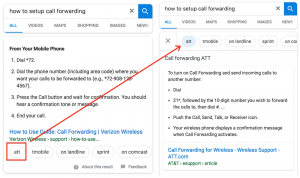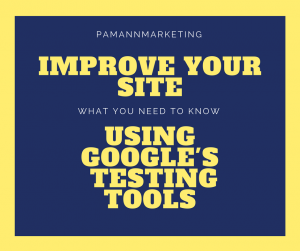When you’re recruiting for Apple, you don’t need to talk about how great your culture, fulfillment, purpose, and values are—you show it. You exude these qualities in everything you do, every day, without needing to stop and explain why people love working there.
People want to work for winners. The highest-performing companies acknowledge their values without needing to sell people on the ideas because they entice employees with their wins, not words. For a company on the opposite end of the success spectrum, even the best-phrased mission statement won’t distract potential hires from the business’s poor performance.
Let’s take a closer look at why companies need to focus on creating successful initiatives over culture statements if they want to attract the best talent.
Talking About Purpose Is Putting the Cart Before the Horse
Values and purpose as recruitment tools should be the cart, not the horse—the follow-up rather than the lead-in when a company meets with a candidate for the first time. Frankly, potential employees aren’t interested in hearing it. During an interview, candidates want to learn about what they’ll be working on, what types of initiatives the company is executing, and how the company is winning. They don’t want to hear an endless lecture on values.
Why then do so many companies make purpose the center point of recruitment conversations when they should be sharing their successes? Probably because they don’t have many. When companies execute on their purpose, that purpose becomes embedded into the service. It enters the discussion about the company’s initiatives organically without being an exclusive talking point.
Companies that overtly focus on telling candidates about their purpose, culture, and values tend to be the businesses struggling to win. They’re the companies that fail to execute the initiatives they pursue, and as a result, fall behind their competitors. Employees, especially top talent, don’t want to work for companies where they feel their skills will be wasted on projects that are doomed to fail.
How Companies Can Make Winning a Part of Their Culture
Employees want the personal fulfillment of seeing their skills pay off and, ultimately, winning. But if you’re a leader at a company struggling to execute on ideas, how do you change your course?
Start by making execution readiness a regular practice and a core piece of your overall strategy. Execution readiness means going upstream and performing a data-driven analysis of your initiatives before you commit to them. For any initiative, ask yourself and your leadership team, “Do we have the resources to successfully carry out this plan? Do we have the skill sets on our teams? Will this initiative benefit the company and be profitable? Will it provide any other value?”
As it stands, approximately half of all strategic initiatives fail. The reason so many business decisions fall flat is because leaders use opinion, bias, or intuition when gauging their company’s ability to implement a strategy instead of data. They aren’t asking objective questions about their company’s abilities or the value of a given idea, and as a result, they’re pursuing initiatives that have little hope of success.
Data Protects Us Against Bias and Helps Us Win
What does bias in decision-making look like?
Think back to the 1960s, when a bank would interview someone, look into their job, and judge the stability of their life before issuing a loan. They would consider many factors and generate an opinion, but often, a personal bias would overwrite the data. The banker evaluating the borrower might say, “Yes, he tends to switch from job to job, but everybody in town loves him, so we’ll give him the loan.”
To this day, even with so much more information at our fingertips, leaders often don’t follow the data and instead give in to their biases. It can be challenging to remove cognitive biases from your decision-making without a neutralizing mechanism, which is why businesses need a data-based readiness score.
This objective scorecard should apply all the data available to you to predict your company’s capacity to execute an idea. With data on your team’s skills, finances, and other resources, you can better judge which initiatives you should pursue and which you should pass.
People Want to Work for Winners
When you’re able to measure your ability to execute initiatives, you’re able to win more. People want to work for winners, and top talent will almost exclusively choose to work for the highest-performing companies.
No amount of dialogue around culture, corporate values, and personal fulfillment will replace actual, measurable successes. But if you shift your focus to executing more effectively, you’ll be able to recruit the best employees by showing them how great it is to work there, not telling them.
Business & Finance Articles on Business 2 Community(14)




